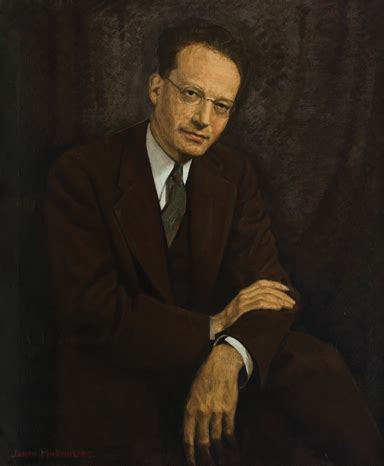A Quote by Wilma Mankiller
There are a whole lot of historical factors that have played a part in our being where we are today, and I think that to even to begin to understand our contemporary issues and contemporary problems, you have to understand a little bit about that history.
Related Quotes
It is a pity that so many Americans today think of the Indian as a romantic or comic figure in American history without contemporary significance. In fact, the Indian plays much the same role in our society that the Jews played in Germany. Like the miner’s canary, the Indian marks the shift from fresh air to poison gas in our political atmosphere; and our treatment of Indians, even more than our treatment of other minorities, reflects the rise and fall in our democratic faith.
The whole point is to take from our native culture and from contemporary culture without using one art form to mimic the other, so that our native identity remains the native identity, the contemporary identity remains the contemporary identity, and the mixing of these two musical identities creates a third musical identity.
I guess there was a little bit of a slight rebellion, maybe a little bit of a renegade desire that made me realize at some point in my adolescence that I really liked pictures that told stories of things - genre paintings, historical paintings - the sort of derivatives we get in contemporary society.
Yes, the Bible should be taught in our schools because it is necessary to understand the Bible if we are to truly understand our own culture and how it came to be. The Bible has influenced every part of western culture from our art, music, and history, to our sense of fairness, charity, and business.
As human beings, we all have reasons for our behavior. There may be people who have certain physiological issues that dictate why they make certain choices. On the whole, though, I think we're dictated by our structure, our past, our environment, our culture. So once you understand the patterns that shape a person, how can you not find sympathy?












































